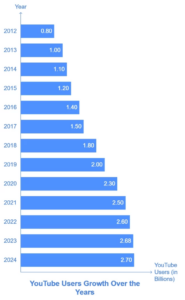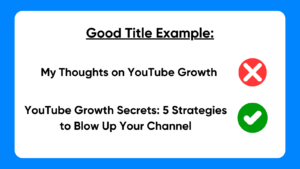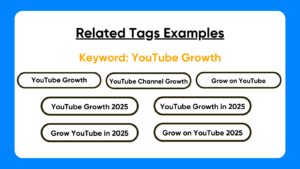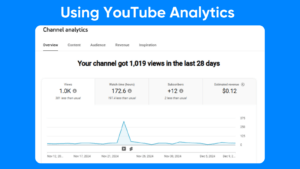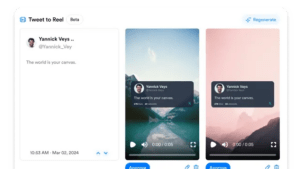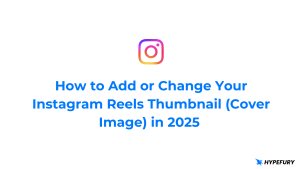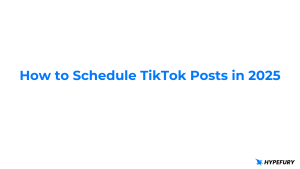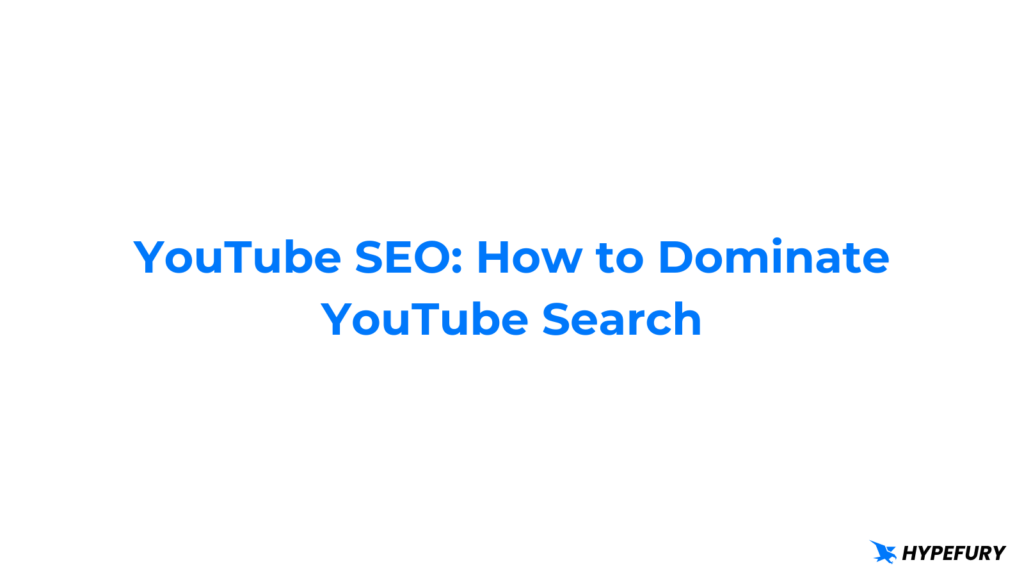
So, you want to stand out on YouTube in 2025? We’ll help you grow and monetize your brand.
The easiest way to stand out on YouTube without a big audience is mastering YouTube SEO.
Optimizing your YouTube content can be the difference between failure and success if you’re a small creator trying to grow and monetize your brand.
Let us walk you through it.
Why YouTube SEO Matters
YouTube is the second-largest search engine globally, with over 2 billion monthly active users. If you optimize your channel and content to fit its criteria, your content will rank for your specific topics. A well-optimized SEO strategy can:
– Increase your video’s visibility
– Attract more targeted viewers
– Boost channel growth
– Improve monetization potential
How to create a YouTube SEO Strategy?
1. Keyword Research is King
Before creating content, you need to know what people search for. You need to do keyword research to discover the topics people seek.
Use tools like TubeBuddy, VidIQ, or YouTube’s own search suggestions to find out keywords relevant to your niche.
Check out this example for keyword: ‘How to grow on YouTube’
A few metrics to look for in the keywords:
– Decent search volume (anything above 5000 is fine)
– Low to medium competition
– Relevance to your content/niche
2. Craft Compelling Titles
Your title is your first (and sometimes only) chance to capture a viewer’s attention.
So, make it click-worthy and put some effort into creating one. Include the keyword you got from step 1 and keep the title under 60 characters.
Ask yourself:
- How can I make them curious?
- Will I click on it if I saw this title?
For example, let’s say you want to create a video about your thoughts on growing a YouTube channel. Instead of just saying “My Thoughts on YouTube Growth”, try saying “YouTube Growth Secrets: 5 Strategies to Blow Up Your Channel”
3. Optimize Your Video Description
Your video description is a critical SEO element. The first 2-3 lines are most important as they are visible without clicking “show more”.
Make sure you include your primary keyword in the first 25 words. Make it comprehensive and sound natural. A typical length for a good enough description should be 300-350 words.
Adding relevant links and timestamps can help too. If you have a list of secondary keywords, try to include them naturally in the description.
Remember, the description should not look spammy with hashtags. Sometimes people explicitly mention ‘keywords’ and then include phrases for SEO, but do your own research before doing so.
4. Master Tag Strategy
Tags will help YouTube understand your content. Probably the most underrated thing which is ignored.
Here’s a thumb rule:
– Start with your primary keyword
– Include variations and related terms
– Use 5-8 specific tags
– Have a mix of broad and specific tags
Check out these examples for the keyword ‘YouTube Growth’:
5. Create Custom Thumbnails
The thumbnail is not a direct SEO factor, but thumbnails impact click-through rates massively.
Having a clickbaity thumbnail can easily give you more views (although retention is not guaranteed).
Study thumbnails of the big guys (Mr Beast, Alex Hormozi, Dan Koe) and create your unique style.
Few tips:
– Use bright, contrasting colors
– Include text that adds context
– Show emotion or intrigue
– Maintain consistent branding
6. Engagement Optimization
YouTube’s algorithm loves engagement. Not only YouTube, any social media algorithm wants more engagement and retention.
The more you keep people on your video, the more of your content will be pushed and the more engagement you’ll get. And the loop continues.
How to increase engagement?
– Add CTAs to like, comment, and share
– Respond to comments quickly
– Create content that sparks discussion
– Use end screens and cards to keep viewers on your channel
7. Closed Captions and Transcripts
These are secret SEO weapons. CC and Transcripts often go unnoticed or ignored. YouTube can crawl your video’s text. This part is a bit more difficult to execute than it seems. But if you’re willing to put in extra effort, go ahead!
CC and Transcripts:
– Improves accessibility
– Helps international/non-native viewers
– Use accurate, full transcriptions for better readability
8. Consistency is Key
You have heard the buzzword “Consistency” more than anything. We know it, but still it doesn’t change the fact that the YouTube algorithm favors consistent creators.
– Maintain a regular upload schedule
– Use newer features like shorts (use Hypefury to schedule shorts)
– Create content series
– Develop a recognizable style
– Stick to your niche
Technical SEO Tips
You don’t need to be a techie to do this. Just follow 3-4 things and you’re set!
– Use relevant hashtags (but don’t spam 50 of them. 5-10 is a sweet spot)
– Create playlists to increase watch time
– Optimize channel page with keywords
– Use channel sections strategically
Tracking and Improving
Treat your content game like science.
Experiment with new ideas, measure the results, optimize for the future. Regularly check your YouTube Analytics.
Some key metrics to track:
– Watch time
– Click-through rates
– Traffic sources
– Audience retention
Pro Tips For Small Creators
- Start with long-tail keywords
Long-tail keywords are just phrases that people search for. Just start typing your niche or topic name in the YouTube search and you’ll see a list of phrases appear in the search results. Those are all examples of long-tail keywords.
- Collaborate with other creators
This isn’t mandatory but having a group of fellow creators supporting you is amazing! Identify creators who are of similar size and niche as yours. Try to help them via comments on their videos or sharing your insights. Once you are talking, try asking if you can work on a collaboration that’s win-win for both of you.
- Repurpose content across platforms (use Hypefury for that)
You only have so many ideas to create content on. Be smart, leverage AI and tools to repurpose your content. A 10-minute video can be a 400 word blog.
This blog can be converted to a LinkedIn post or 𝕏 thread. These threads can be broken down into 4-5 tweets or short posts. Video can be converted to 4-5 short videos. You can literally create 10-20 content pieces from a single YouTube video.
Pro Tip: You can then use Hypefury to schedule everything in just a few clicks.
- Study your competitors’ top-performing videos
Make a list of 4-5 creators in your niche. Go to their channel and then filter videos by ‘Popularity’ and study the top 5-10 videos. Some things to study:
– Thumbnail
– Title and Description
– Length of video
– Topic of the video
– The content (hook, CTA, etc)
Remember, optimizing for YouTube search isn’t about tricks—it’s about strategic, consistent optimization. By implementing these SEO strategies, you can significantly improve your channel’s visibility and growth potential.
Here’s an extra tip for you: Why not try Hypefury to help you on this journey?
Disclaimer: YouTube’s algorithm changes frequently. Stay updated and be prepared to adapt your strategy.

